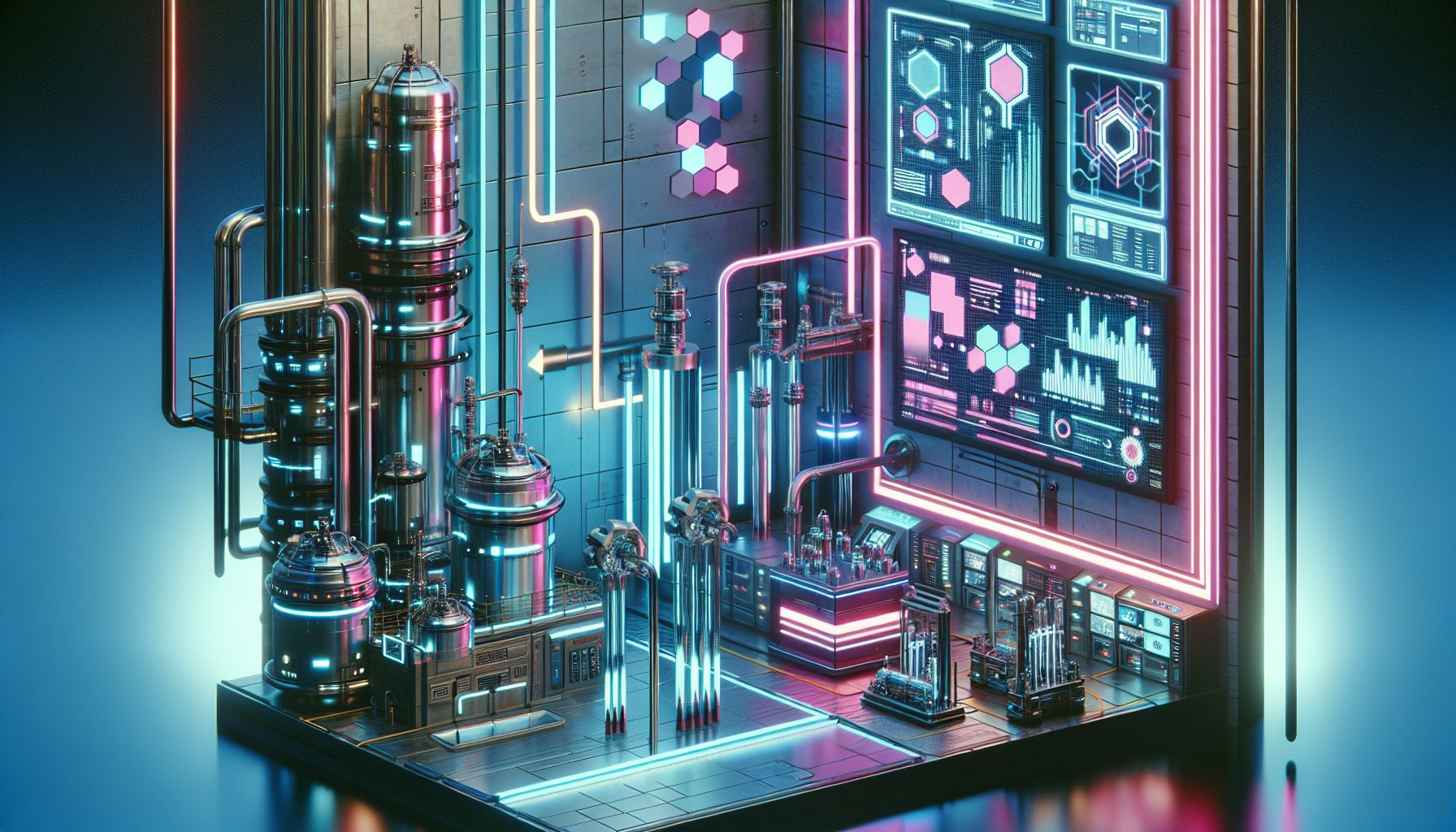Hydrogen: The Not-So-Silver Bullet of Decarbonisation?

London, Monday, 8 September 2025.
Experts question hydrogen’s economic feasibility in decarbonisation. While essential for cleaner feedstock, its fuel use raises cost concerns. Amidst rising energy costs, is hydrogen truly a sustainable saviour?
Hydrogen: The Not-So-Silver Bullet of Decarbonisation?
As industries increasingly look to hydrogen for decarbonisation, concerns arise about its economic viability, especially when transitioning from grey and black hydrogen to cleaner alternatives. Professor Jan Rosenow argues that while clean hydrogen is essential for replacing grey and black hydrogen as feedstock, its use as a fuel is economically unfeasible [1]. With rising energy costs, the debate over hydrogen’s role intensifies, pushing stakeholders to reconsider its position as a sustainable saviour [1].
The Challenge of Demand
The quest for customers willing to invest in green hydrogen remains a significant hurdle. Without large-scale buyers, projects struggle, and developments are often delayed or cancelled. Maritime, aviation, and refineries show some potential, but road and rail remain sceptical [2]. As DNV highlights, creating a genuine hydrogen ecosystem is a daunting task, with many projects needing more than just subsidies to succeed [2].
Innovative Approaches and Emerging Projects
Linde’s investment in a 35 MW PEM electrolyzer at Niagara Falls aims to double the U.S. green hydrogen production. This ambitious project, set to begin operations in 2025, could reduce CO₂ emissions by approximately 100,000 tonnes annually, equivalent to removing 22,000 cars from the road [3]. Such projects underline the potential impact of hydrogen when utilised effectively, yet they also highlight the complexity and cost challenges involved.
Balancing Hope and Reality
While the hydrogen economy presents a promising path toward reducing carbon emissions, its full realisation faces numerous obstacles. The unpredictability of future demand, coupled with high costs, makes it essential for stakeholders to balance optimism with realistic assessments. Until a more stable market emerges, hydrogen remains a part of the decarbonisation puzzle, but not the definitive answer [1][2].